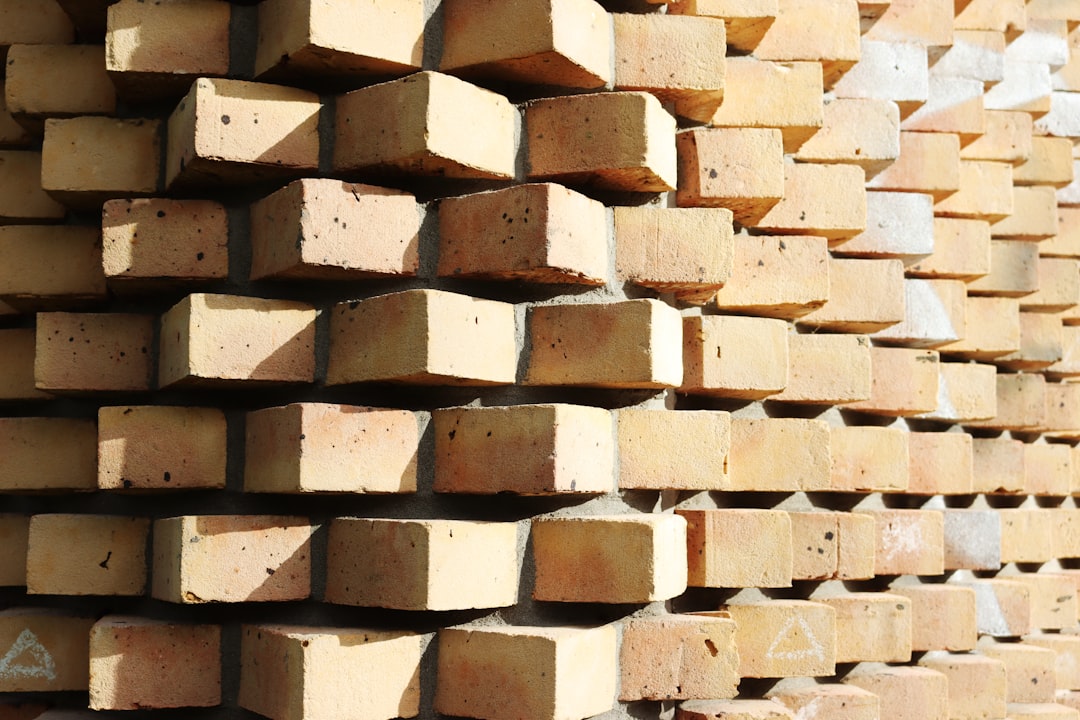Wood Siding Cost Guide for Construction Professionals
Price source: Costs shown are derived from our proprietary U.S. construction cost database (updated continuously from contractor/bid/pricing inputs and normalization rules).
Eva Steinmetzer-Shaw
Head of Marketing
Understanding Wood Siding Costs for Construction Professionals
Wood siding offers a classic look and solid performance, but understanding its costs is crucial for construction professionals. In 2026, wood siding costs range from $6 to $12 per sq ft per square foot, depending on materials and labor. This guide breaks down the factors affecting these costs and provides strategies to optimize your budget.
Key Factors Influencing Wood Siding Costs
- Wood species and grade: Cedar, redwood, and engineered options have different prices and durability.
- Board profile and width: Bevel, shiplap, tongue-and-groove, or board-and-batten affect material yield.
- Local climate: Different climates require specific treatments and fasteners.
- Finish preference: Factory-primed boards or on-site staining add to costs.
- Installation complexity: Gables, dormers, and curved walls increase labor and waste.
- Market labor rates: Urban and rural rates vary significantly.
Average Wood Siding Costs per Square Foot in 2026
- Basic pine bevel siding: $5 – $8 per sq ft
- Premium cedar clapboard: $6 – $12 per sq ft
- Engineered wood lap siding: $5 – $8 per sq ft
These costs include materials, fasteners, and labor but exclude tear-off and permit fees.
Hidden Expenses to Consider
- Cladding removal and disposal fees
- Sheathing replacement
- Upgraded house-wraps
- Flashing at openings
- Post-installation touch-ups
Why Traditional Estimating Falls Short
Traditional methods often miss nuances and are slow to adapt to market changes. AI-driven tools provide faster, more accurate estimates.
How AI Tools Improve Estimating
- Voice-driven measurements for real-time mapping
- Live material cost feeds
- Labor rate calibration
- Automatic waste calculations
- Instant quote documents
Case Study: Cedar Upgrade in Austin
A client replaced vinyl with cedar, capturing 2,800 sq ft in a 12-minute session. The AI estimated $27,707, saving eight days in the bid cycle.
Pro Tips for Budget Optimization
- Choose factory-primed boards
- Bundle projects to save on scaffolding
- Schedule during off-peak seasons
- Explore species comparisons at CountBricks.com
Get Your Wood Siding Cost Breakdown
Start your project with precise estimates at CountBricks.com.
Deep Dive: Comparing Cedar, Pine, and Engineered Wood
Material choice is crucial in wood siding costs. CountBricks AI provides real-time pricing and performance data. Here's a comparison:
Cedar
- Natural rot resistance
- 15-25% price premium over pine
- Ideal for humid climates
Pine
- Lowest initial cost
- Requires frequent maintenance
- Best for dry regions
Engineered Wood
- Mid-range cost with long warranties
- Reduces waste
- Pre-finished options save labor
Using Data Effectively
Use AI to compare materials and costs quickly. This flexibility aids contractors and reassures clients.
Next Steps
- Visit CountBricks.com for a demo
- Upload your project details
- Receive a detailed cost report

